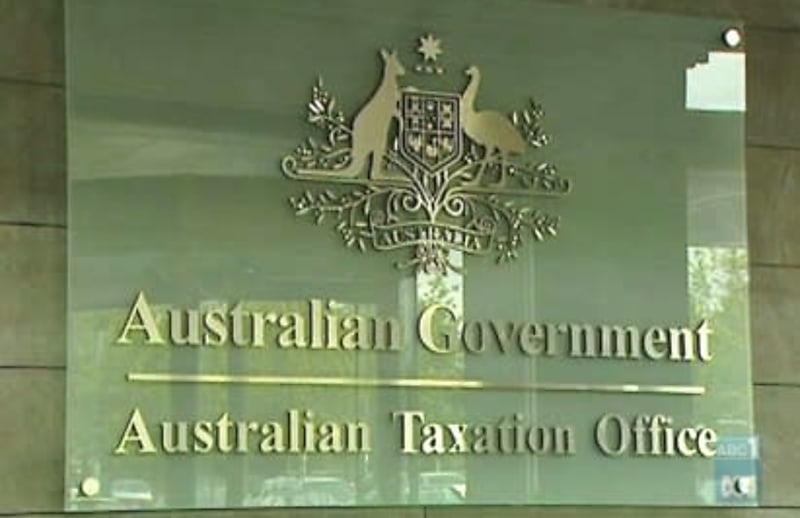Next 5,000 review finds tax errors, poor record keeping
TaxThe ATO says a lack of documentation leads to issues over intra-group transactions and trust distributions.

The ATO’s Next 5,000 program finds the group is making tax return errors due to a lack of documented governance processes, procedures and poor record keeping.
The Tax Office said its Next 5,000 program comprised 7,899 private groups with a net wealth of over $50 million. A typical Next 5,000 group contained on average around 14 entities which could include a combination of companies, trusts and SMSFs.
ATO assurance reviews on these groups for FY23 found that a high proportion had governance processes and procedures but most were undocumented.
“Next 5,000 groups are making errors in their tax returns that could be otherwise prevented,” the Tax Office said.
It had observed a close correlation between a lack of documented tax governance processes with disclosure errors, late lodgement and no lodgement of accompanying schedules to the income tax return.
“In these circumstances we request more detailed information to obtain assurance over certain tax issues,” the ATO said.
“We recommend documenting tax return procedures, including a tax return review process, which could also include a lodgement calendar to ensure income tax returns and accompanying schedules are lodged on time.”
In some cases, the ATO said it was unable to obtain assurance over tax deductions in certain circumstances due to poor record keeping.
“Certain expenditure could not be substantiated and a nexus between the expense and assessable income could not be evidenced,” it said.
“A high proportion of these expenses are related party transactions where the reported income derived by a related party was less than the deductions claimed by the other related party.”
The ATO said groups should have clear processes and procedures setting out record keeping requirements for related party transactions.
It also identified issues with groups taking insufficient steps to satisfy Division 7A.
“In the reviews, we identified no written loan agreements or minimum yearly repayments and a lack of appropriate record keeping.
“We recommend that affected clients review their group’s Division 7A compliance and create a Division 7A annual end of year checklist to ensure accurate and consistent reporting of these loans in ledger accounts, financial statements, and tax returns.”
The Tax Office said it also had difficulty obtaining assurance over a range of property disposals due to insufficient evidence supporting the valuation of capital proceeds and elements of the cost base.
In some cases, there was a miscalculation of the cost base including amounts omitted or inclusion of amounts that did not form part of the cost base, such as development costs.
The ATO also took further action against some groups over concerns regarding beneficiary entitlement to trust distributions, such as distributions paid to the incorrect beneficiary and section 100A.
“In some reviews we concluded that a lack of governance processes and procedures resulted in omitted trust distributions for some beneficiaries within the group,” the ATO said.



